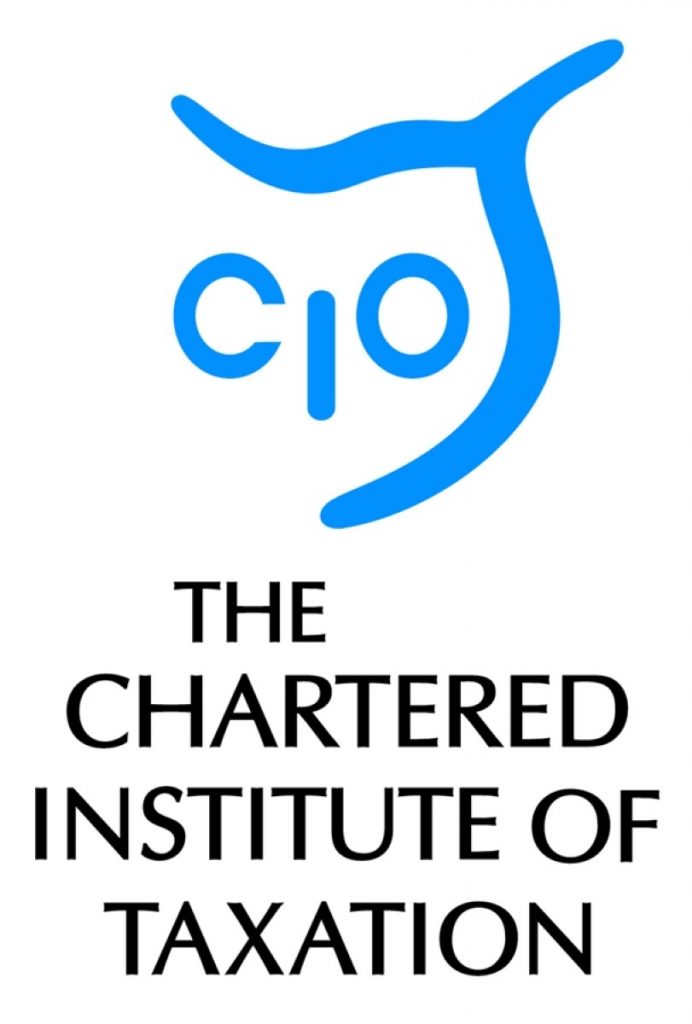Tax Institute welcomes news that the personal tax free allowance rules for non-residents will remain unchanged for the time being
The Chartered Institute of Taxation (CIOT) has welcomed a government announcement that there will be no changes for the time being to the current rules governing a non-resident individual’s entitlement to the UK personal allowance.
The Government had proposed that a restriction should be introduced using a new ‘economic connections test’. However, it has today been announced that a more detailed consultation will be undertaken if the Government decides to proceed. No changes will come into effect before April 2017.
Jon Preshaw, Chairman of the CIOT’s Management of Taxes Sub-Committee, explained:
“This is good news. We were concerned that the changes proposed would make the tax system unduly complicated and place additional burdens on employers. The Government accepted that the current system has the advantage of familiarity and for many non-residents presents an internationally competitive tax offering.
“Whilst we recognised the concerns that prompted the consultation, that individuals without strong economic connections to the UK would continue to benefit from the highest personal allowance in the G20, we pointed out that this is an automatic consequence of the decision to significantly increase the personal allowance. We did not think that was a compelling reason, on its own, to change the current well-understood system with a complicated new restriction.
“We were particularly worried about the suggestion that employers should be required to adjudicate on their employees’ entitlement to the personal allowance by asking them to declare their residence status. Notwithstanding the introduction of the Statutory Residence Test (SRT), the rules determining residence are not straightforward. We were concerned that employers might not have been able to rely on a declaration of residence status from an employee without taking specialist advice.
“We are pleased that the Government has listened to our views, and those of others, and decided not to take the proposals any further forward without more detailed consultation.”
Notes for editors
1. Background
HM Treasury consulted over the summer on restricting non-residents’ entitlement to the UK personal allowance and sought views on how this might be done. They put forward the view that the allowance should not be restricted if the individual had a strong economic connection to the UK.
In its response to the consultation, the CIOT criticised the proposals as being overly complicated and having the potential to make the UK less internationally competitive. http://www.tax.org.uk/Resources/CIOT/Documents/2014/10/141009%20Restricting%20non-residents%20entiitlement%20to%20the%20UK%20personal%20allowance%20-%20CIOT%20comments.pdf
The basic personal allowance is currently £10,000, rising to £10,600 from 6 April 2015.
2. The Chartered Institute of Taxation
The Chartered Institute of Taxation (CIOT) is the leading professional body in the United Kingdom concerned solely with taxation. The CIOT is an educational charity, promoting education and study of the administration and practice of taxation. One of our key aims is to work for a better, more efficient, tax system for all affected by it – taxpayers, their advisers and the authorities. The CIOT’s work covers all aspects of taxation, including direct and indirect taxes and duties. Through our Low Incomes Tax Reform Group (LITRG), the CIOT has a particular focus on improving the tax system, including tax credits and benefits, for the unrepresented taxpayer.
The CIOT draws on our members’ experience in private practice, commerce and industry, government and academia to improve tax administration and propose and explain how tax policy objectives can most effectively be achieved. We also link to, and draw on, similar leading professional tax bodies in other countries. The CIOT’s comments and recommendations on tax issues are made in line with our charitable objectives: we are politically neutral in our work.
The CIOT’s 17,000 members have the practising title of ‘Chartered Tax Adviser’ and the designatory letters ‘CTA’, to represent the leading tax qualification.





-01.png)